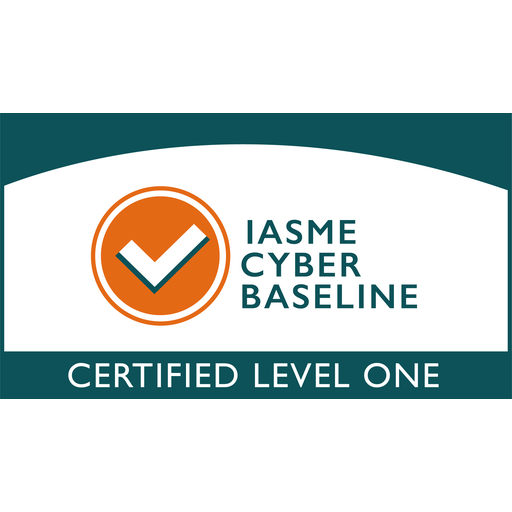

Need a guide for buying a laptop? It’s always important to know what you’re buying. A question we’re always asked in our office is “which laptop should I buy?”. Unfortunately, there is no simple answer to this as it varies depending on personal preference and changes in product lines, making choosing the perfect laptop a constantly moving target. For those of you looking to purchase a new laptop, here are some useful, universal pointers.
Laptop Size
Laptop size definitely comes down to personal preference, but please bear in mind that the size of your laptop may have a number of knock on effects, including, but not limited to
- screen resolution
- weight
- cost
The majority of laptops fall under the 14″ – 15.6″ bracket, these are often the most competitively priced laptops. Unfortunately, you will always pay a premium for smaller laptops as they pack the same amount of power into a smaller package and larger laptops often have more powerful components, making them more expensive.
Screen Size
Screen size is generally determined by the dimensions of the laptop, but you should never forget about screen resolution, particularly if you have trouble reading smaller text. A larger screen with a higher resolution can display text & icons smaller than a smaller screen with low resolution. The most common screen resolution is 1368 x 768 pixels, for general use, this is perfectly adequate and on a 15″ screen, characters are clear and large.
Memory/RAM
Many people confuse storage and memory, the analogy we use to describe the difference is a filing cabinet/desk. A hard drive (storage) is like a filing cabinet, it is how much data you can store ready to work with. Memory (AKA RAM) is the size of your desk – it determines how many things you can work on at the same time and how big those things can be. These days we recommend a minimum of 4GB of RAM for memory.
Storage/Hard Disk
As mentioned in the above analogy, storage is how much data your system can have to hand. The basic operating system (for example ‘Windows 8’) takes up some space (Windows 7 and Windows 8 take about 9GB of storage). If you plan on only storing documents, photos and/or music on your laptop, a 500GB hard drive will be sufficient for more people but if you start throwing very high resolution photos or movies/videos in to the equation this gets used up very quickly.
Finally, many new high-end computers come with ‘SSDs’ (Solid State Drives) – these are very high-performance hard drives closer in nature to RAM than traditional hard drives. They have no moving parts and so are quieter, cooler, use less power and can provide big boost to the speed of laptop but this comes at a premium price. If you are determined to have an SSD drive but want to store a lot of movies, a cheap way to add additional storage to a laptop is to buy miniature high capacity flash drives that can stay plugged in all the time due to their small size, such as the SanDisk Cruzer Fit.
Processors
For most people, the middle range offered by most processor manufacturers will be fine – at the moment from Intel this is the Core i5 range, with the faster Core i7 being for demanding users and the slower Core i3 for users just browsing, Word Processing, etc. Bear in mind that processors also have ‘generations’ with each generation of processor being faster than the previous (so a 4th generation Core i5 can be as fast as a 2nd generation Core i7 processor) – whenever possible always check the generation and try and ensure your processor is within the last two releases.
Budget – Where can I scrimp?
If you are on a smaller/tight budget, there are some areas where you can cut corners. You could opt for a smaller RAM and Hard Drive as these are removable components and can therefore be upgraded at a later date. Processors and Video Cards are generally fixed components and you will end up stuck with whatever the unit was fitted with, so we think this is where money should be concentrated.
Peer Reviews
Once you have found a laptop that you like the look of, always read through the reviews on a website that does not manipulate its reviews and ratings (we recommend amazon.com or newegg.com) whether you end up buying from these websites or not.

